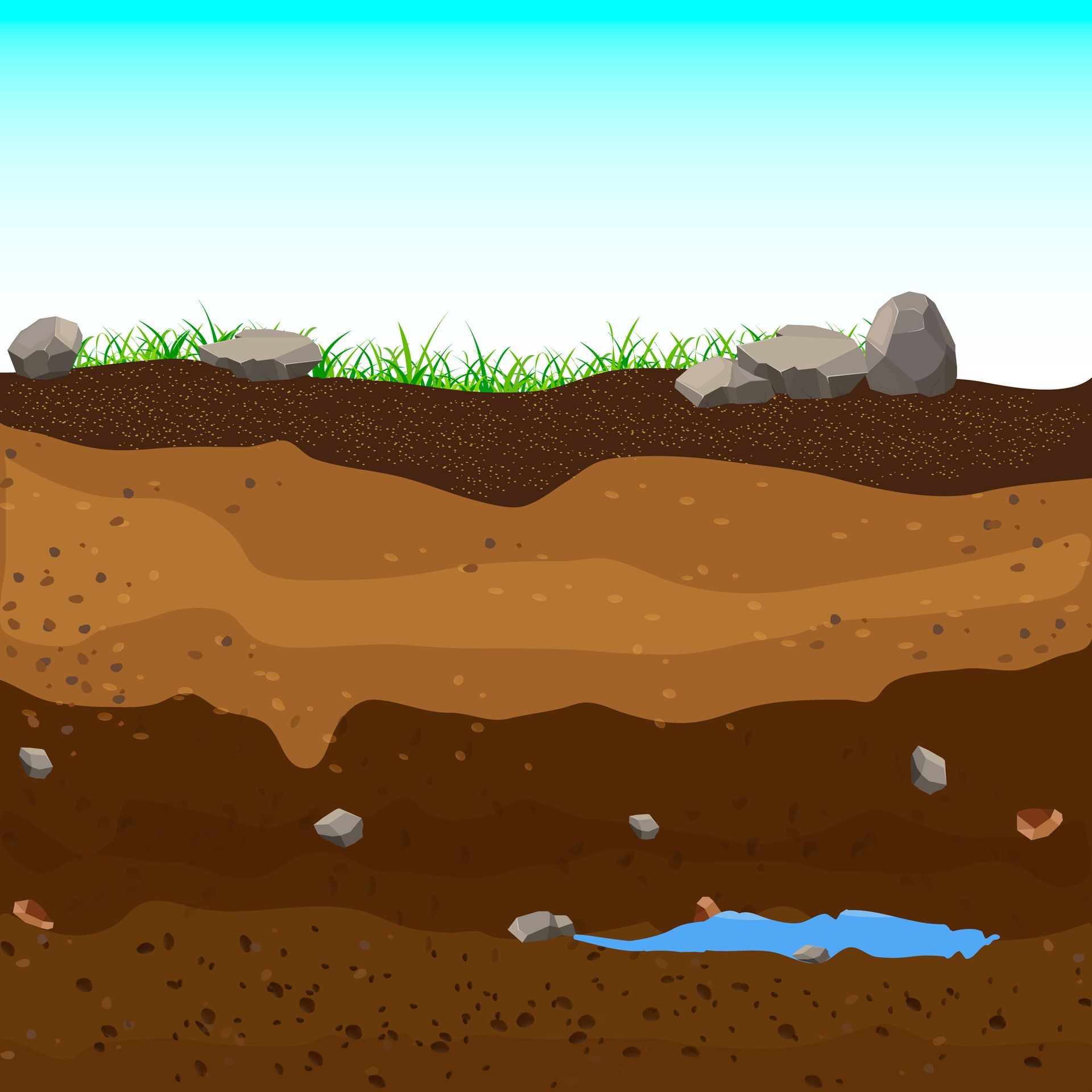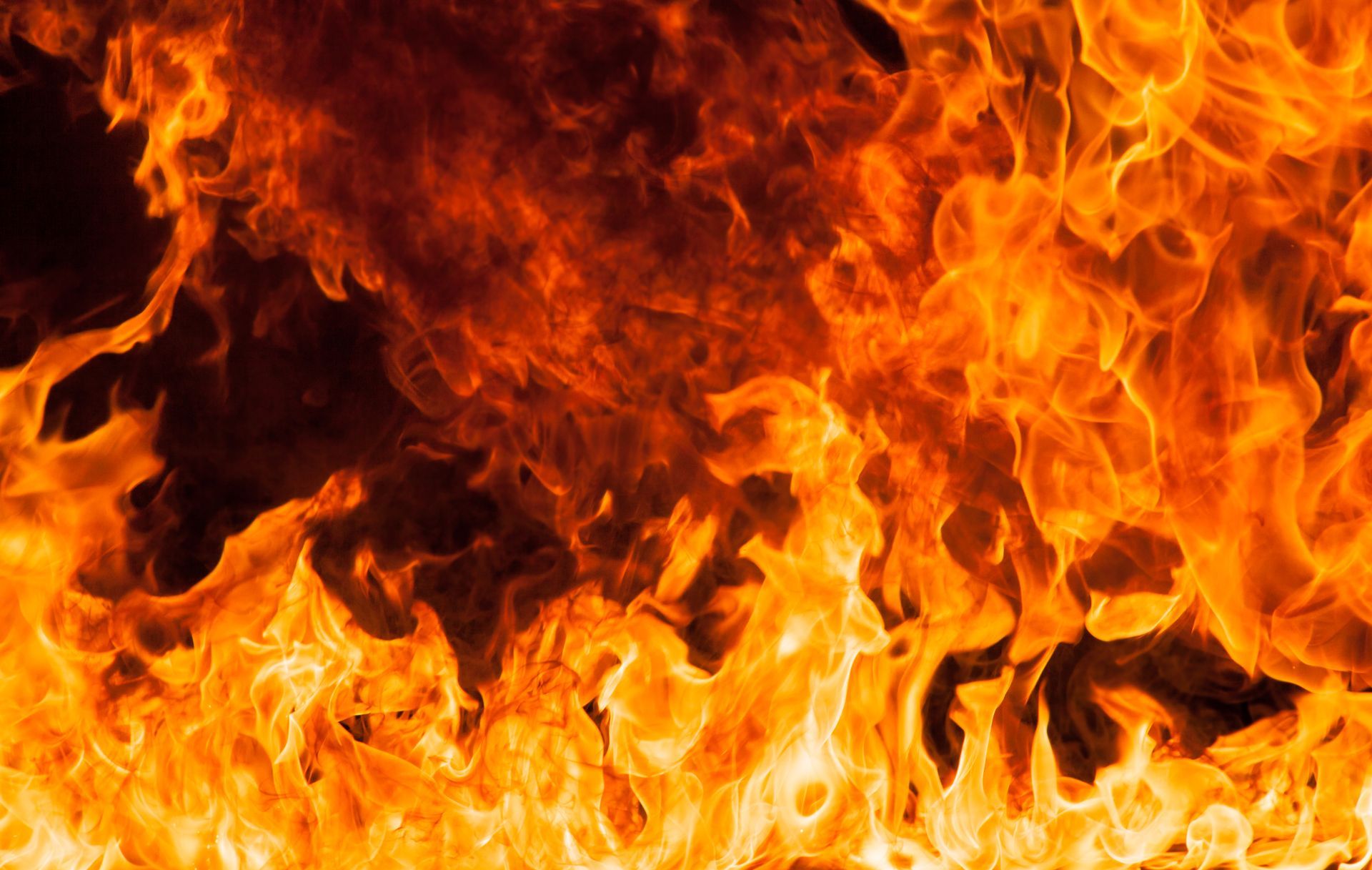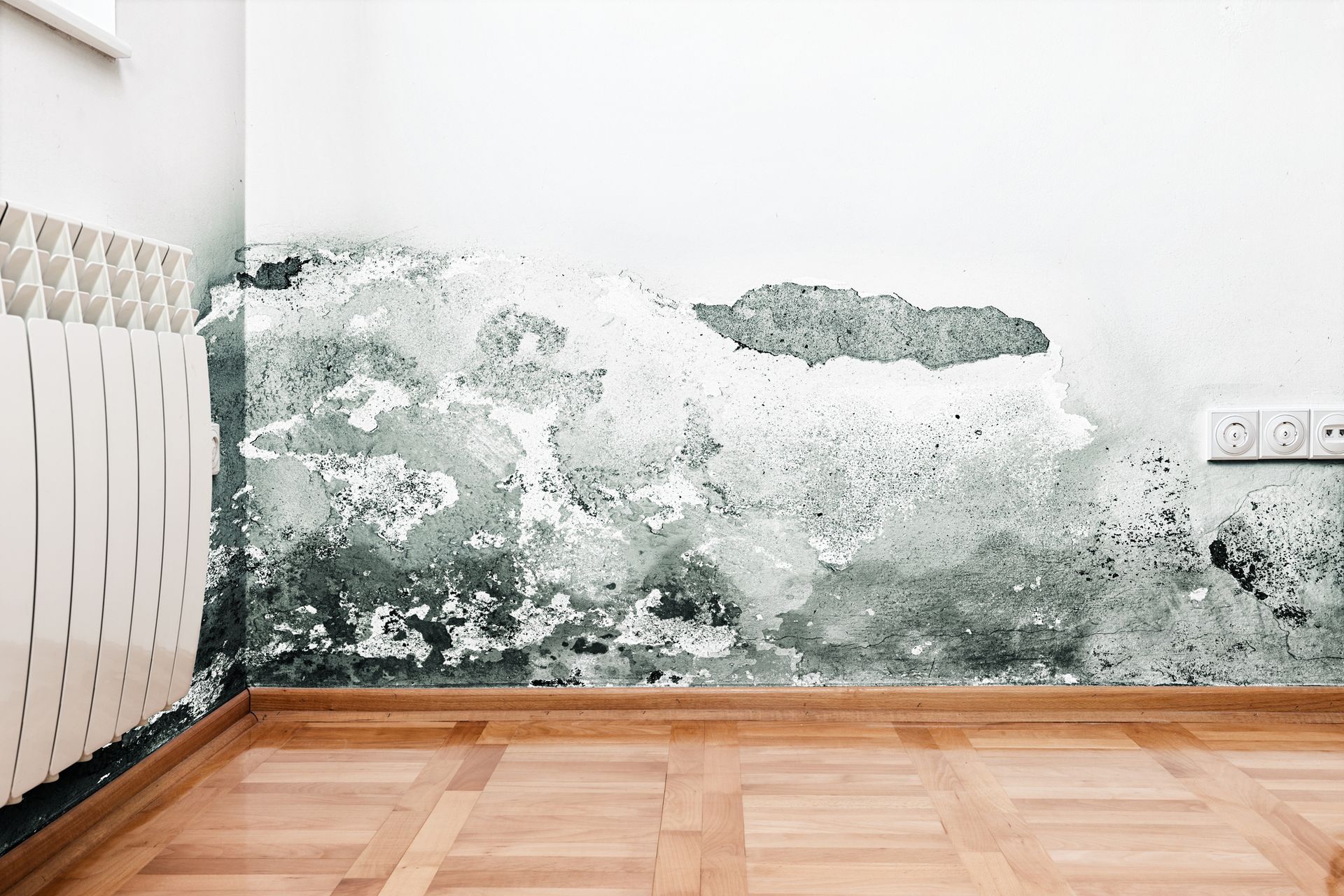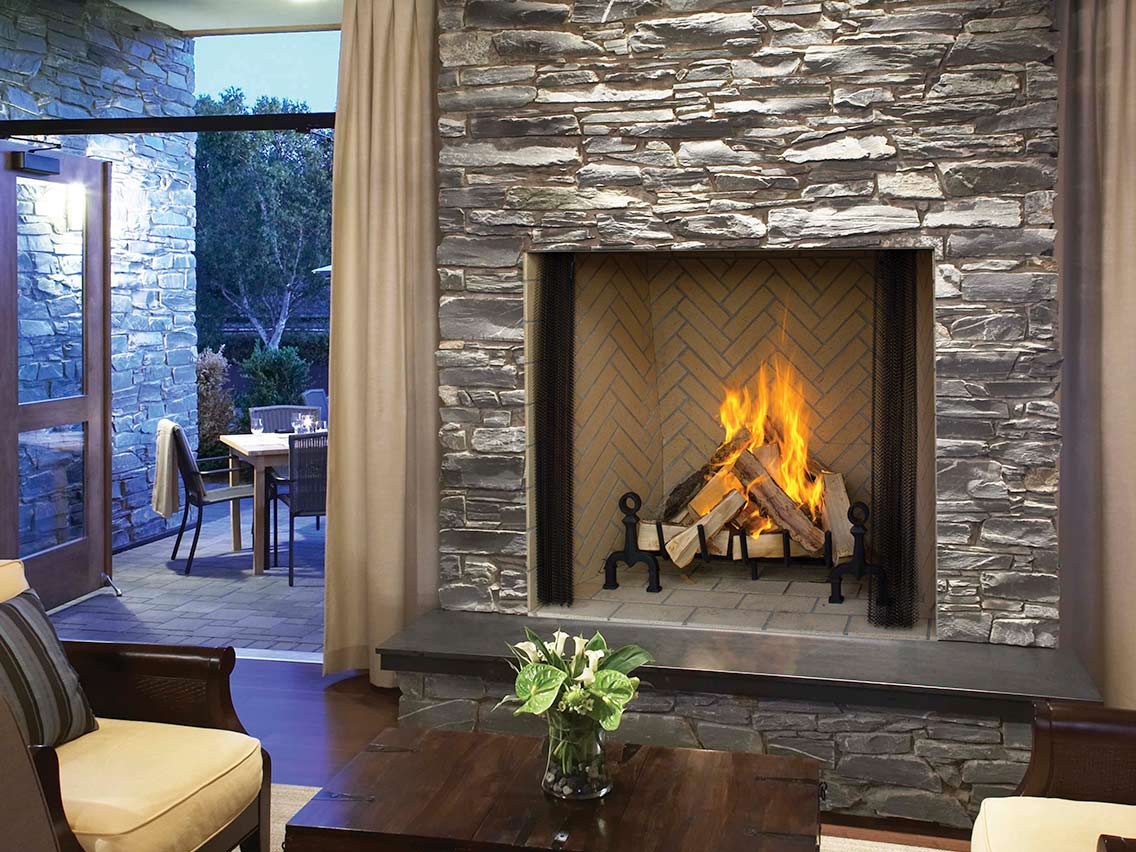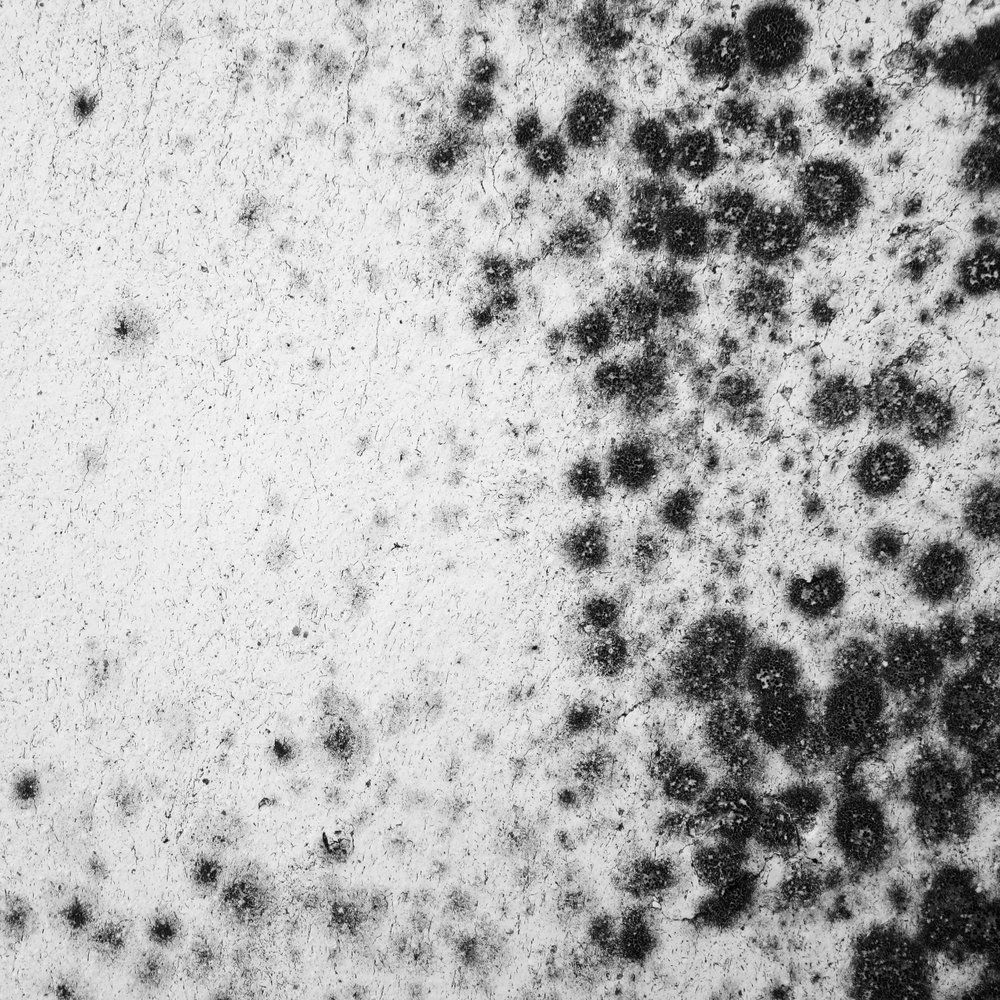Here are 6 things you should check after a power outage
Here are 6 things you should check after a power outage
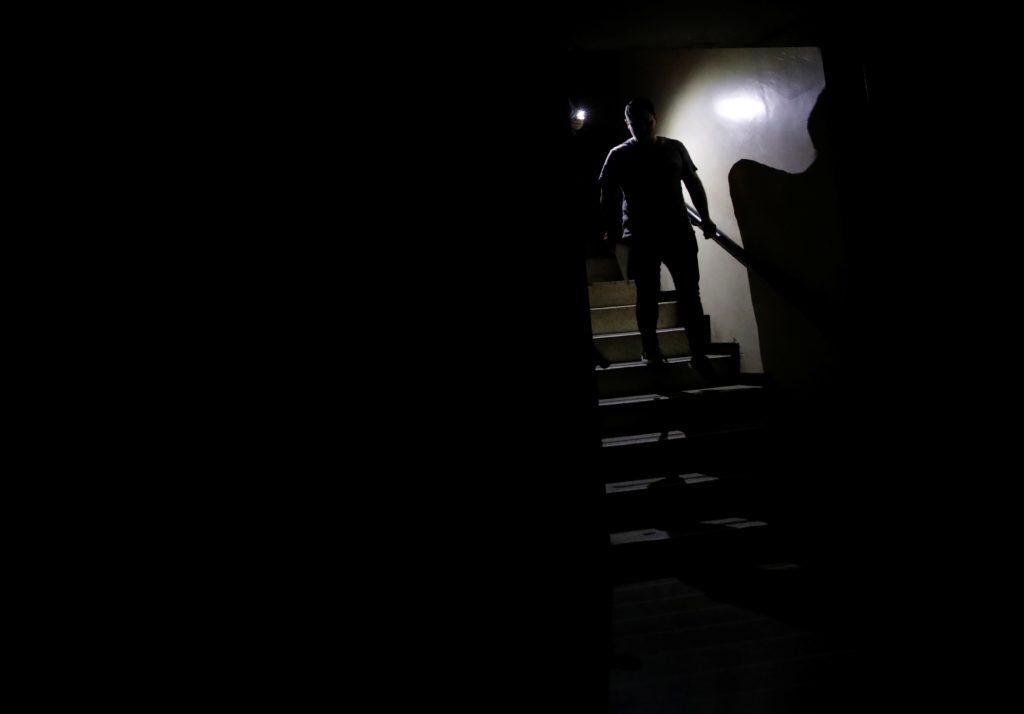
When extreme weather conditions, such as heat or cold, combine with violent storms, power outages are likely to occur. If a blackout occurs, the first priority is the safety of your family. In addition, you should protect your home's items against potential damage.
In case your power goes out suddenly, here are a few things you should check.
1. Your Appliances
Unplugging your appliances is one of the first things you need to do when the lights go out. A spike in electricity could damage your devices when the power is restored. You should wait a few minutes to plug everything back in after electricity is restored.
2. Your Fuse and Circuit Breaker
Circuit breakers could have tripped, causing the outage. See if you can restore your power by resetting it. The beaker can be reset by switching it off and on again. When the power returns, you may hear a few beeps, which is normal.
When adjusting the breakers, do not use any tools or touch the electric meter. You may need to call a professional if the power isn't restored. Verify if your neighbors also lost power to determine whether the issue was internal.
Another thing to remember is that moisture can cause circuit breaker issues, so dry out any areas of your home affected by heavy rains.
3. Your Fridge and Freezer Doors
Verify that the doors of your refrigerator and freezer are closed so your food does not spoil. For temporary storage, you can also use coolers and ice packs. Make sure the food in your fridge is safe to eat before you consume it. Food will remain cool in a refrigerator for four hours and in a freezer for 48 hours. To give you better peace of mind, consider buying a food thermometer.
4. Your Basement
Power outages are often caused by severe storms, which can include heavy rain. Check your basement periodically for signs of flooding since too much moisture can cause mold growth. If you notice any water, you can remove it with a gasoline-powered pump.
Check your basement's exterior walls for cracks to prevent future water damage. Fill these out as soon as possible. In addition, keep your drain from overflowing or clogging by covering your windows with window wells.
5. Your Garage Door
If your basement floods, you may need to evacuate your home. In this case, you must manually open the garage door. Make sure it's down before you start. To open the door, pull the emergency release cord and pull it straight up.
Check to see if your garage door was affected by the storm after the power has been restored. To avoid electric shocks, call a professional if you need water damage repairs. In case you aren't experienced with electrical work, flooding and power outages aren't worth your time.
6. Your Pipes
A loss of heat may occur when your electricity goes out, depending on your power source. The result can be water that freezes and even bursts in your pipes during cold weather. Ensure that all your faucets are turned on, and let them drip slightly to prevent this from happening. You can do this to keep liquid flowing through your pipes.
Keep your garage door closed to prevent drafts from affecting your pipes. Open the cabinet doors in your kitchen and bathroom to circulate warm air. If you want a long-term solution, you should insulate your attic and basement.
How to Protect Your Home from a Power Outage
When the power goes out, it can be scary at first. It is important to remain calm, however. During a longer outage, remember these tips to keep your family and home safe.
If your home has suffered from any damage due to a storm, contact Restoration 1 of Ellicott City and let us help restore your home.





